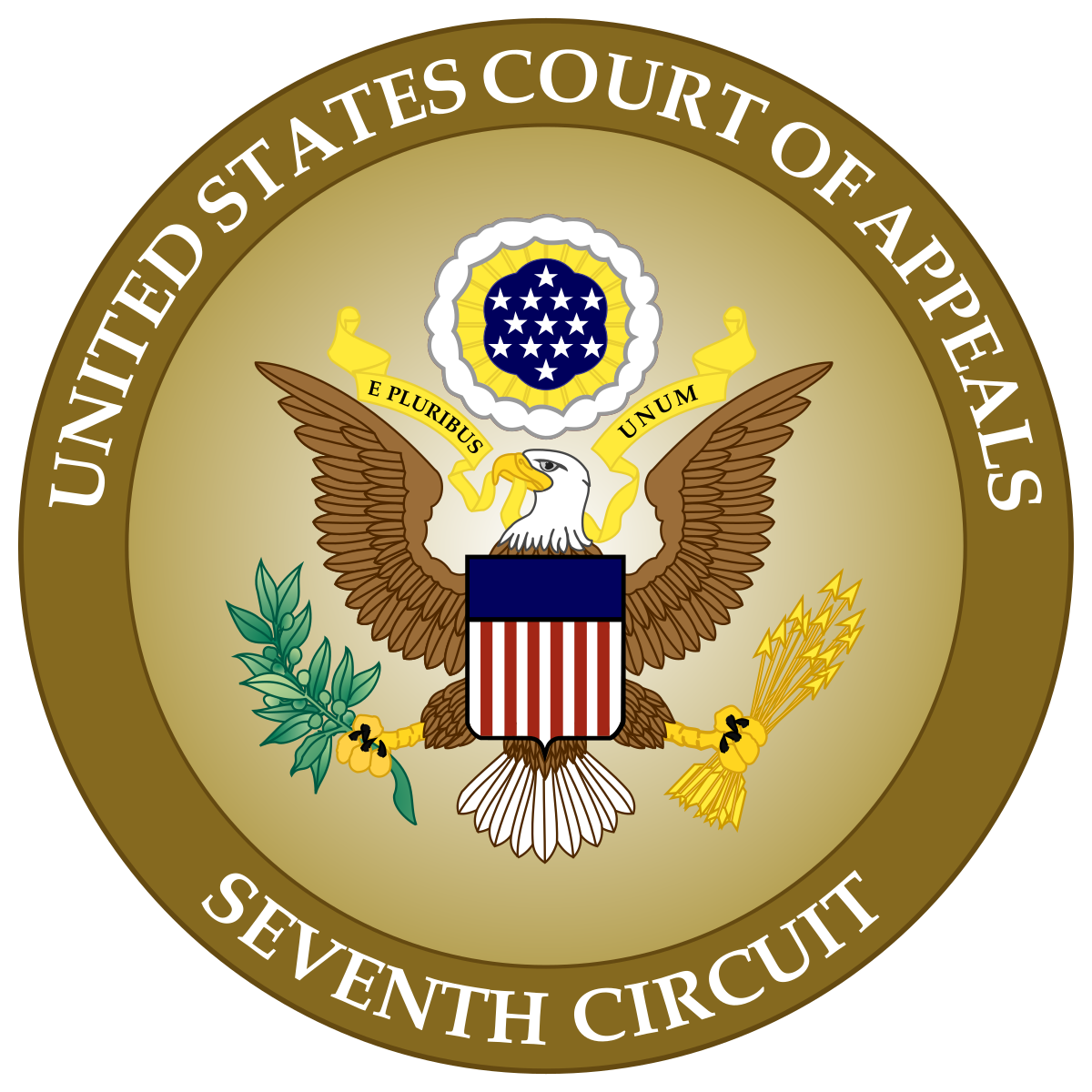 Two prominent watchdog organizations have taken the next step in an intense Indiana state/church legal battle.
Two prominent watchdog organizations have taken the next step in an intense Indiana state/church legal battle.
Each December for nearly half a century, the Performing Arts Department of Concord High School in Elkhart, Ind., staged several performances of its “Christmas Spectacular.” Each performance culminated in an enactment of the biblical story of the birth of Jesus, with live student actors and scriptural recitations from a school employee, all set to music performed by the school’s various musical groups. When U.S. District Judge Jon DeGuilio issued a preliminary injunction in late 2015 against the live nativity, the school responded by using mannequins to stage a static nativity scene while students performed the same Christmas devotionals. While DeGuilio ruled on March 6 of this year that the live nativity was “an impermissible message of endorsement,” he also ruled that the school could continue displaying its static nativity scene.
On June 29, the Freedom From Religion Foundation, the ACLU, and the ACLU of Indiana filed their brief to the 7th U.S. Circuit Court of Appeals revealing exactly why the version of the nativity scene Concord Community Schools has used the past two Decembers is illegal. None of the changes the school district made alter the inherently religious nature of the 24-minute musical celebration of the story of Jesus’ birth that constitutes the grand finale of each year’s concert.
“For 24 minutes, the school employs high school students to stage a musical telling of the story of the birth of Jesus in front of a captive audience of their friends, their family, members of the community, and, once a year, elementary school students from within the district,” the brief states. “This grand finale of the Christmas Spectacular stands head and shoulders above any other routine, and neither the enormity nor the religiosity of the performance can be denied.”
The brief argues that the current version of the nativity performance “violates three independent tests under the Establishment Clause of the First Amendment: the coercion test, the endorsement test, and the purpose test.” The “purpose” test refers to the first prong of the traditional “Lemon test” used to evaluate Establishment Clause cases. The brief highlights how plaintiff Jack Doe was quite literally coerced into performing during the nativity portion of the Christmas Spectacular as “a required part of [his] educational experience.” It goes on to note that Concord Community Schools endorses a pervasively Christian message by directing its students “to engage with the religious message of the nativity performance and intends the performance — and the religious significance of the nativity — to captivate.”
Currently the final briefs on appeal are due to be filed by mid-August. Appellees hope for a decision from the 7th Circuit well before preparations begin for the 2017 winter concert.
“There is no legal precedent that would countenance a public school displaying Christian nativity scenes, particularly on stage while students sing Christmas carols,” FFRF Co-President Annie Laurie Gaylor has said. “We’re pleased to have stopped the egregious violation of a live nativity pageant. But FFRF, our plaintiffs and the ACLU all consider it unacceptable to allow this school district, with its long history of promoting Christianity, to continue to display a nativity scene at a school event.”
The appellees, who are Concord Community Schools families with students in the Performing Arts Department, are being represented by the Freedom From Religion Foundation, the ACLU of Indiana and the national ACLU.
FFRF thanks the families in the Concord Community Schools (who are suing pseudonymously for their protection), for making possible the continuing litigation to correct this major First Amendment violation.
The Freedom From Religion Foundation is dedicated to the separation of state and church, with 29,000 nonreligious members nationwide, including more than 400 in Indiana.
Attorneys on the case include Gavin Rose of the ACLU of Indiana, Sam Grover and Ryan Jayne of FFRF, and Daniel Mach and Heather L. Weaver of the ACLU. FFRF v. Concord Community Schools, Case No. 3:15-cv-00463, was in the U.S. District Court for the Northern District of Indiana, South Bend Division, and is now before the 7th Circuit Court of Appeals.

